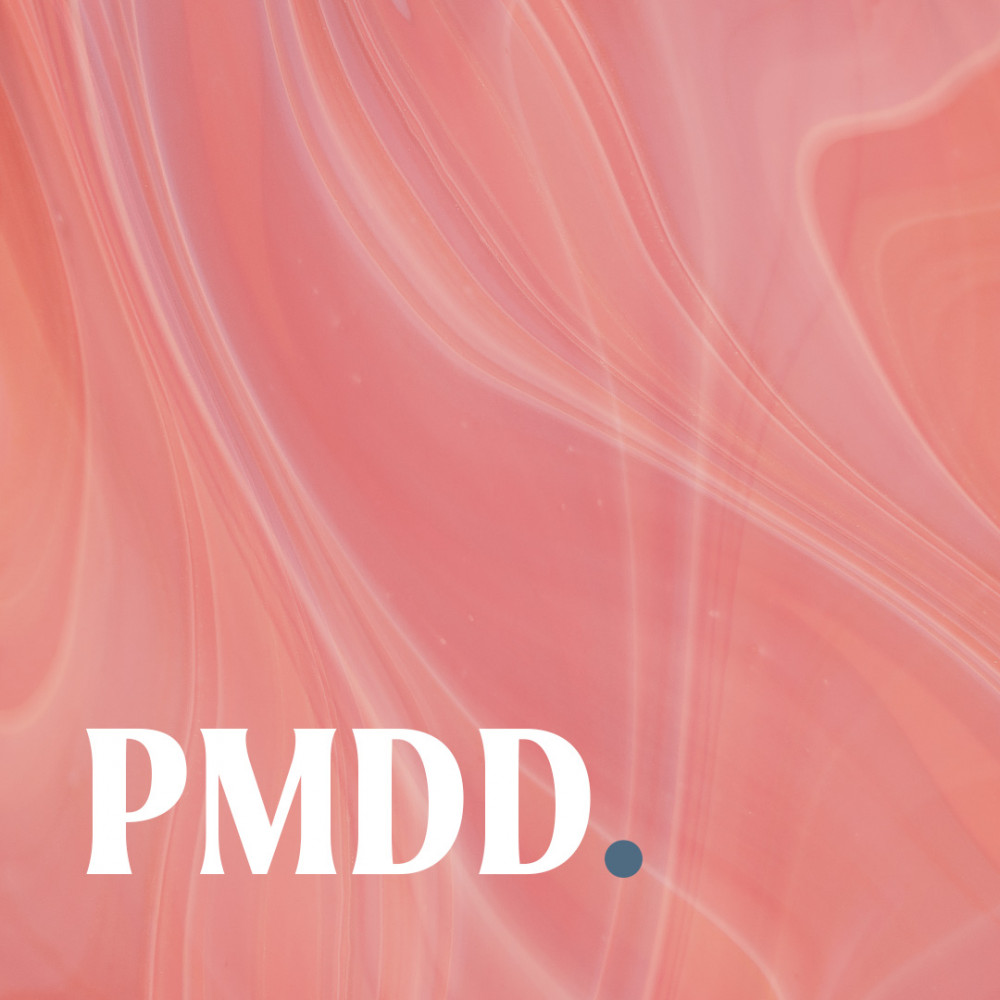Insomnia, extreme mood shifts, hopelessness, irritability, increased sensitivity to rejection, lack of concentration, self-critical thoughts… these are a handful of the symptoms of premenstrual dysphoric disorder, or PMDD. Described as PMS but way more serious, PMDD often combines with the more common PMS symptoms such as breast tenderness and bloating. At the extreme end of the scale are a disrupted work life, damaged relationships, depression, outbursts of violence and suicidal thoughts.
PMDD is thought to affect up to eight per cent of women, yet along with many female health issues, the numbers are vague and the exact cause is unknown. A general lack of knowledge in medical circles often means it’s misdiagnosed or dismissed as ‘women’s problems’.
There have been some high profile cases of PMDD to hit the headlines over the years. Perhaps the best documented involved London bartender Sandie Craddock, who in 1981 stabbed and killed a co-worker. When arrested, she had no clear memory of the crime, or the events leading up to it. Her long history of arson, assault and theft was proved to be in tune with her menstrual cycle, and her defence argued successfully that her premenstrual hormonal changes were so severe, they filled her with uncontrollable rage. She was placed on probation and ordered to undertake progesterone treatment. Other cases have followed. It’s a murky topic, partly because no one really knows what’s going on from a scientific point of view, and partly because few experts want to fuel a theory that presents women in general as dangerously irrational.
Just like PMS, PMDD symptoms start to build in the week or so before your period starts and go away a couple of days after. Because of this, PMDD is defined as an endocrine disorder, meaning it is hormone-related. But it can also be classed as a mental health issue, because of the range of different mental health symptoms as listed above. It can be so debilitating that even young women seek hysterectomy over ongoing symptoms.
Once diagnosed, treatment of PMDD is directed at preventing symptoms (birth control pills, nutritional supplements) or minimising them (antidepressants, herbal remedies). There are also diet and lifestyle changes you can make that should help with PMDD symptoms, as with regular PMS. These include exercising regularly, cutting back on caffeine, avoiding alcohol, and stopping smoking. Getting enough sleep and using relaxation techniques, such as yoga and meditation, may also help.
It’s also recommended you avoid emotional triggers. So schedule those discussions about relationship problems, financial issues or work gripes, for a post period timeslot – if you can.
As with all the medical issues we talk about here on the blog, please see your GP if you feel PMDD may be an issue for you.




